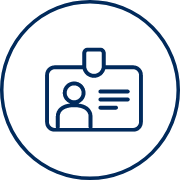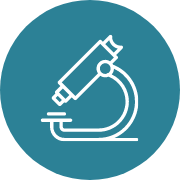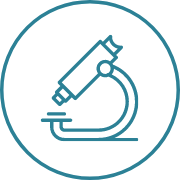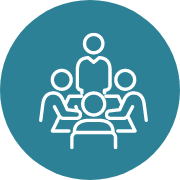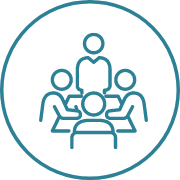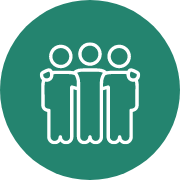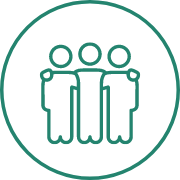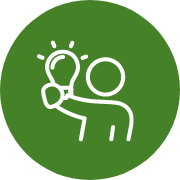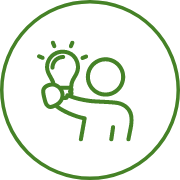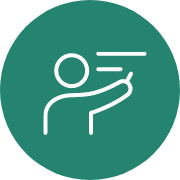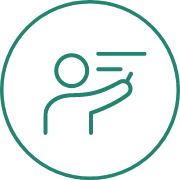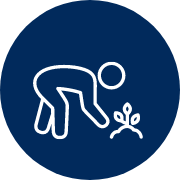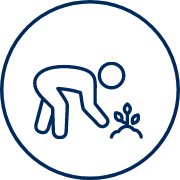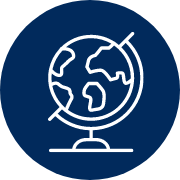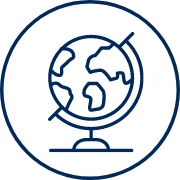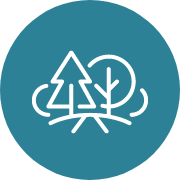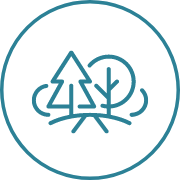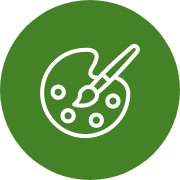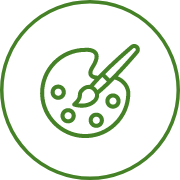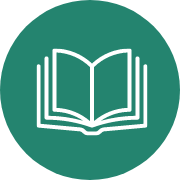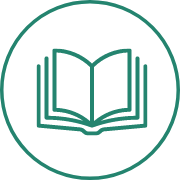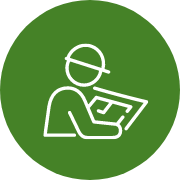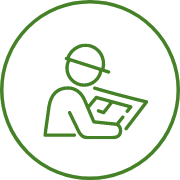We have so much to contribute, so much more we can accomplish together, to help reimagine the world – as a world of equality and justice, health and prosperity, wisdom and wonder.
President Meric Gertler, University of Toronto Magazine
What is experiential learning?
Experiential learning means learning from experience or learning by doing. Experiential learning allows you to learn new skills, understand workplace practices, acquire new knowledge and explore how your academic experiences can help you contribute to your local communities and broader society. As you undertake and reflect on these experiences, you will be able to perceive changes in your thinking, articulate what you have learned and position yourself for future opportunities.
Why is it important?
Experiential learning offers you opportunities to interact with a range of partners beyond the University, to learn through experience and understand how classroom ideas take shape in practical settings. These learning opportunities help you to continue the development of your critical intellectual skills as well as gain self-confidence, reflect on your progress, continue to develop professional relationships and make informed choices.
Is it for me?
Yes! All U of T students can benefit from participating in experiential learning opportunities and opportunities are available for all students. We know it sometimes feels overwhelming: it is common for students to not know where to begin or to think these opportunities were perhaps not designed with them in mind. The EL Hub is a starting place for you to identify the experiential learning opportunities you might be interested in and how best to locate and engage with those opportunities.
As a student at U of T, you have many pathways to apply your academic learning. We recommend you clearly define your ideal learning outcomes (e.g., what do you want to take away from an experience) and develop a plan to achieve them. This as an opportunity for self-discovery: be curious, ask questions and consider the array of experiential learning opportunities and how they align with your academic, professional and personal goals.
You have access to on-campus resources and offices to help support you in your exploration. One-on-one advising appointments can help you to better understand accommodations, funding opportunities and preparatory sessions to confidently pursue the experiential learning opportunity right for you.
How do I get started?
You have many avenues to support you in accessing and engaging in curricular and co-curricular experiential learning opportunities. The EL Hub can help you:

Identify the many types of EL available to you as a U of T student

Navigate the U of T landscape to locate resources and supports that can help you in undertaking EL opportunities

Prepare + Reflect on your EL opportunities
Types of Experiential Learning
You have so many opportunities to explore and participate in experiential learning at the University of Toronto.
Below find an overview of the forms that experiential learning can take at the University:



